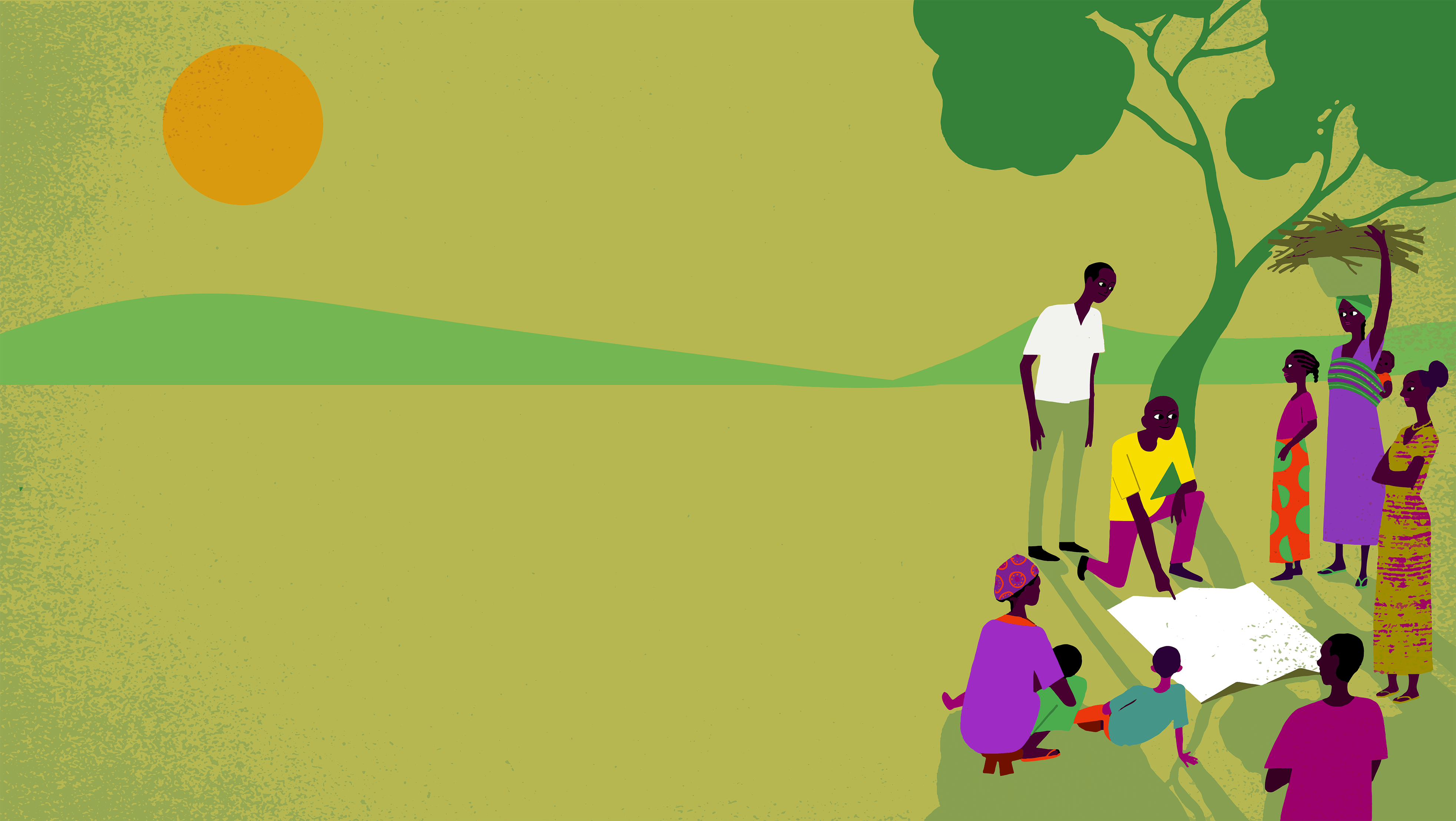Introduction
Human rights apply to all the dimensions of food systems, and in particular to the governance, normative and accountability dimensions of food systems. Although the human right to adequate food and nutrition (RtFN) (and all its dimensions regarding adequacy, accessibility, availability, and sustainability) is central in a human rights- based approach to food systems, human rights are indivisible, interdependent, and interrelated. In that sense, the RtFN is closely interconnected with other human rights (HLPE, 2020).
States have the primary responsibility to respect, protect, and fulfil human rights throughout food systems. The RtFN is at the core of the governance of food systems in the context of the indivisibility of human rights, with special reference to the right to health, rights of peasants and other people working in rural areas, rights of Indigenous Peoples, women’s rights, children’s rights, and workers’ rights.[39]
States should put into place effective monitoring and evaluation mechanisms that ensure policies, investments, and other public measures are in line with their human rights obligations. They should further ensure a significant role for civil society, in particular historically disenfranchised groups, in monitoring and evaluation. Monitoring and evaluation must be free from interference by corporate actors. An important part of monitoring and evaluation also relates to prior and continuous human rights impact assessments of (proposed) policies and interventions to identify and prevent potential risks to the RtFN and other related rights.
Accountability is a key condition for democratic and human rights-based governance. States should ensure transparency in their actions and put into place clear frameworks and mechanisms through which they can be held accountable for decisions and actions in relation to food systems that have a bearing on human rights. States should also establish clear regulatory and accountability frameworks for holding private actors, including companies, accountable for actions that affect human rights throughout food systems. An example related to the COVID-19 pandemic is how the ailing industrial food system destroys the environment and creates the conditions for the propagation of zoonoses, whilst producing ultra-processed foods that put people’s health at higher risk of non- communicable diseases such as obesity and diabetes.
The intentional weakening of public institutions in charge of social wellbeing, regulation, and redistribution of wealth exacerbates inequality and destabilizes social peace. Chronic poverty, structural violence, and internal and cross-border conflicts lead to a rise in migrants and refugees, destroy the social fabric, and affect young people’s belief in a decent life. Resistance to these injustices has been criminalized and met with brutal repression. As such, the realization of the RtFN has been severely compromised. Additionally, people on the ground have been exploring alternatives to complement international institutional governance and accountability mechanisms, especially within the context of the weakening of international institutional human rights spaces.
Where to find answers to the questions
Mechanisms in place for participation of civil society and especially those affected by hunger and malnutrition (including small-scale food producers) – who participates and under what conditions? In the case of mechanisms including private sector, are safeguards against conflicts of interest put in place?

